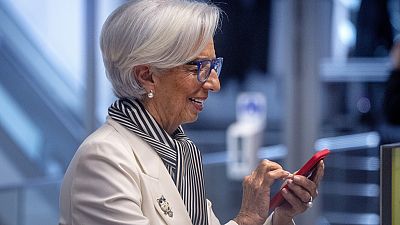German inflation eased to 3.1% in January year-over-year from 3.8% in December, confirming preliminary data, according to the country's federal statistics office.
The fall in German inflation will further fuel speculation about an early European Central Bank (ECB) rate cut. However, despite the positive data, there are still plenty of price pressures to worry about.
"In the coming months, inflation developments will be determined by two opposing trends: more disinflation and potentially even deflation as a result of weaker demand, but also new inflationary pressures due to less favourable base effects, new inflationary pressure as a result of the tensions in the Red Sea as well as government interventions and austerity measures," analysts at ING bank highlighted last week.
"Let’s not forget that not all of the announced austerity measures in Germany have actually been implemented. As a result, we expect German inflation to continue hovering around 3% year-over-year (YoY) in 2024, with risks clearly tilted to the upside," ING added.
Inflation edges closer to ECB 2% target
The lower inflation will offer some relief to the ECB as it continues its battle to bring inflation down to its 2% target.
However, the ECB is proceeding with caution in the face of global economic uncertainties, according to President Christine Lagarde, and has emphasised that, while the disinflation process is underway, the ECB remains committed to a data-dependent approach and will make decisions on a meeting-by-meeting basis.
In its January meeting, the ECB maintained interest rates at their current level for the third consecutive time, in line with market expectations. Lagarde indicated no explicit direction regarding future rate movements, instead focusing on the current economic challenges facing the euro area.
"The euro area economy likely experienced stagnation in the last quarter of 2023," Lagarde stated in January.
She also noted that short-term data continues to suggest economic weakness - and highlighted the risks of a more pronounced economic slowdown due to potential stronger-than-expected impacts of monetary policy and further weakening in the global economy or trade.
"We need to be further along in the disinflation process," Lagarde said, adding that the ECB has to be sufficiently confident that inflation will actually hit the target in a timely manner before discussing rate cuts.



